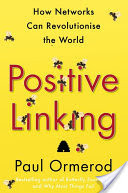Friends, if you entering proof of 24 hours read, please share a direct link to your Litsy post showing the screenshot, not just to your profile. We expect 300+ entries and it takes a long time to go through them all when we have to check your profile. If you don't know how to share a direct link, click the arrow button at the bottom of your post, copy the link, and paste it into the form directly.
37 likes


















